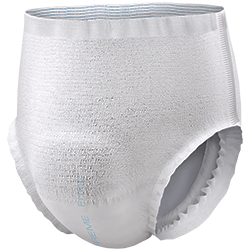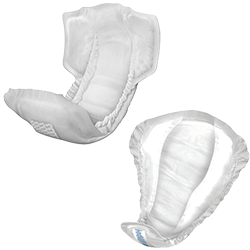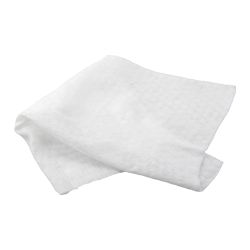How to Assist Your Loved Ones with Toileting and Diapering
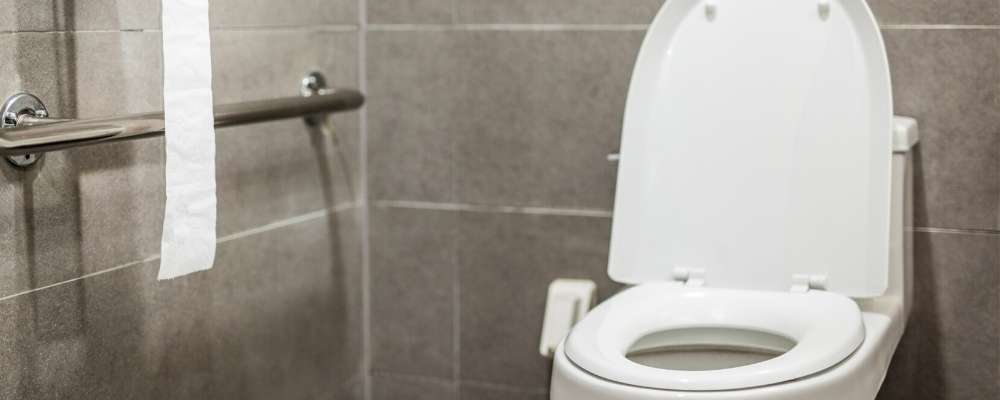
Assisting our loved ones in their old age with toileting and diapering can be a challenging task. As our loved ones age, there are several problems that gradually begin to show up. Toileting and diapering are the ones that require special attention. With the number of disabilities on the rise among the elderly population, it becomes important to discuss concerns about toileting and diapering in them. Furthermore, nuclear families are on the rise, leaving our aging parents all alone. It becomes all the more important to discuss such problems.
Conditions in the Elderly That Make Toileting Difficult
• Chronic arthritis
• Chronic illness that restricts a person’s mobility
• Alzheimer’s
• Dementia
• Accidents, which require the patient to be bedridden
Portable commodes – a Blessing for the Elderly
Portable commodes come as a blessing for our loved ones. Especially, for those who are suffering from chronic ailments. For example: arthritis or other degenerative bone disease. These portable commodes are adjustable. Which enable the caregivers to adjust the size of the toilet seat. The size of the commode varies, and you need to choose the one that best suits the needs of your loved ones. Caregivers can also think of using commode liners for their loved ones. This will make the cleaning process extremely easy.
Practical Solutions with Toileting and Diapering
Handling incontinence issues in elderly can be a challenging task. And caregivers might really find it difficult to help their loved ones with the same. Nevertheless, the management of incontinence can be dealt with in a proper way by the introduction of practical supplies such as, disposable diapers, pads and cleaning supplies. These supplies will make life easier for the caregivers. But there are still many unexpected difficulties, which they may continue to face.
Several research studies have been done in this area. The results suggest that caregivers should receive some in-home training. Toileting and diaper training can be done by an occupational therapist, or nurse practitioner. Learning some of the techniques to reduce incontinence issues can help the caregiver. As well as their loved one in effectively dealing with the problem.
More Practical Tips on Toileting
• Caregivers should take all the care for not making their loved ones feel embarrassed. It is their duty to make them feel comfortable and by no means berate them for something they have no control of.
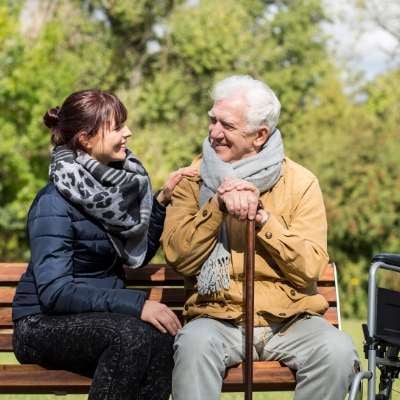
• There are certain things that can control incontinence. These include limiting the intake of caffeine and beverages containing it. However, limiting the intake of beverages during the daytime can lead to dehydration. And make matters worse for you and your loved one. So, try water or water with different kinds of fruits in it.
• Consult the doctor to get toileting instructions for your loved one. This would include a schedule to visit the bathroom regularly to prevent accidents. Take your loved ones to the bathroom first thing in the morning, to avoid leakage. After this, make sure you take your loved ones to the bathroom every 2 hours. Finally, emptying the bladder before bedtime is also a good idea to prevent leakage.

• Also, make sure the pathway to the bathroom should be well-lit and free from any obstacles. If possible, install grab bars, so that your loved ones can get support while getting in the bathroom.
• The clothing of your loved one should be easy to take off while toileting. This is also necessary to avoid leakage.
• Using diapers and disposable pads to minimize accidents is also a good alternative. However, maintaining hygiene while using such products is extremely essential. Make sure you wash your hands before and after using the diapers. Also, wearing disposable gloves is essential.
• Diaper rashes are often common in individuals who wear diapers regularly. To cut down on the occurrence of diaper rash, it is necessary to apply a moisture barrier cream. Apply on the buttocks and other sensitive areas before putting on the diaper.
Aging gracefully can be done with dignity and pride. Use the above tips and solutions to help give your loved ones tender loving care while toileting.

